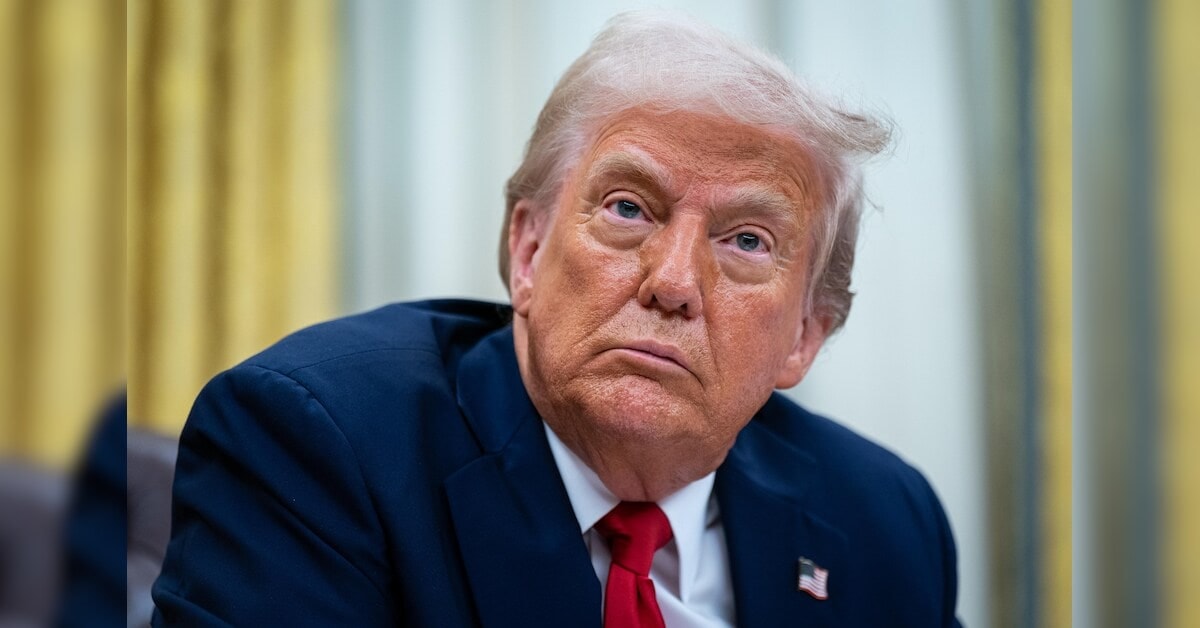Supreme Court Weighs Trump’s Birthright Citizenship Order in Landmark Hearing
In a historic legal battle, the U.S. Supreme Court hears arguments on former President Trump’s move to end birthright citizenship, a decision that could reshape constitutional rights.

Supreme Court Weighs Trump’s Birthright Citizenship Order in Landmark Hearing
In a rare constitutional showdown, the United States Supreme Court convened today to hear arguments on a highly controversial executive order issued by former President Donald Trump during his administration — a directive aimed at redefining birthright citizenship.
The courtroom was tense, with all eyes on how the justices would interpret the 14th Amendment, which for more than 150 years has granted automatic citizenship to nearly everyone born on U.S. soil.
The Core of the Debate
At the center of this case is whether the Constitution truly guarantees citizenship to all individuals born in the U.S., regardless of their parents' immigration status. Trump's order sought to limit automatic citizenship only to those born to U.S. citizens or lawful permanent residents.
Supporters of the policy argue that the U.S. must revisit outdated interpretations of the Constitution, claiming the original framers never intended to grant automatic citizenship to children of undocumented immigrants.
Opponents warn that the order undermines long-held constitutional rights and could render thousands of children stateless in their own birthplace.
Lower Court Blocks and Legal Friction
Soon after the order was issued, three different federal judges blocked it from being enforced. These judges ruled that the executive action directly conflicts with the 14th Amendment, and that Trump’s administration overstepped its authority by attempting to bypass Congress on such a critical issue.
The Trump legal team challenged these decisions, stating that the federal courts should not have the power to apply nationwide injunctions against a president’s constitutional interpretation.
What the Justices Are Considering
During today's session, the justices didn’t just focus on the birthright issue itself — they zeroed in on the scope of judicial authority.
Can lower federal courts issue blanket rulings that freeze executive action across the entire nation? Or should such orders only apply within the court's own jurisdiction?
Chief Justice Roberts raised questions about how such injunctions could set dangerous precedents, while Justice Sotomayor appeared skeptical that the executive branch should have unilateral authority to reinterpret constitutional rights.
Why This Matters to Every American
If upheld, Trump’s order could fundamentally change the definition of American citizenship. It would disproportionately impact families of immigrants and potentially introduce new layers of legal uncertainty for children born in the United States.
Moreover, the Supreme Court's ruling could limit how federal courts intervene in future presidential actions, tilting the balance of power between the executive and judicial branches.
A Decision That Could Echo for Generations
The Court is expected to deliver its ruling by early July. Legal experts say the outcome could either reaffirm a bedrock principle of American democracy or pave the way for a narrower, more restrictive definition of citizenship.
Either way, the consequences will be profound — not just for immigration policy, but for how America defines its people and the promise of equal rights under the law.
TOPICS MENTIONED IN THIS ARTICLE
Thank you for visiting! Enjoy exploring our diverse collection of blogs, crafted with passion and insight to inspire and inform. Happy reading!